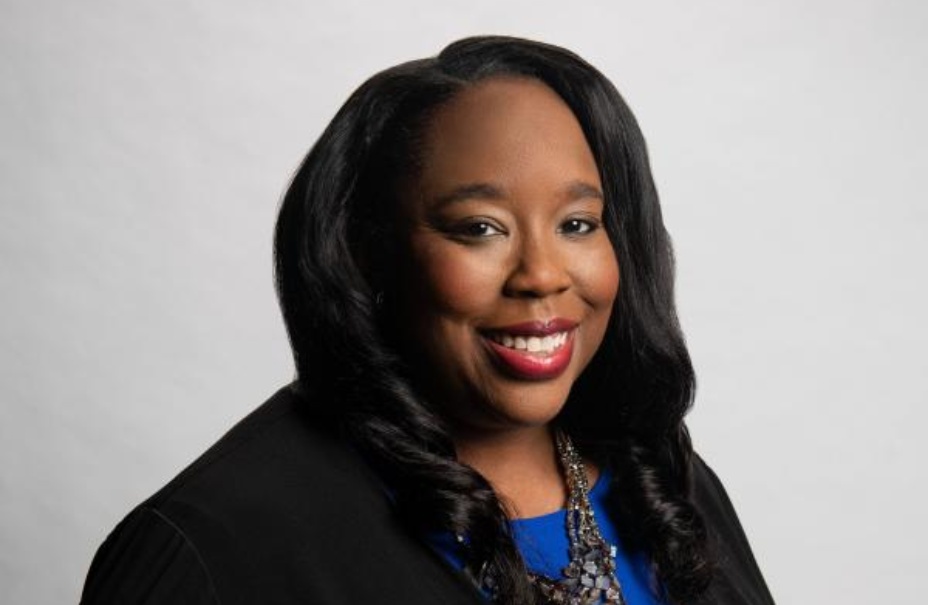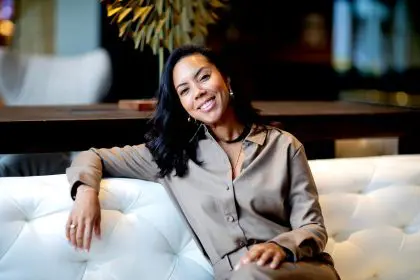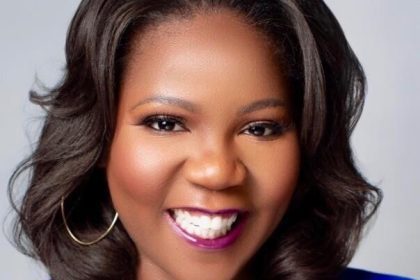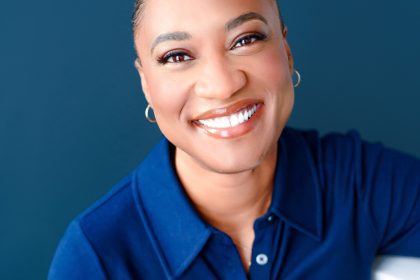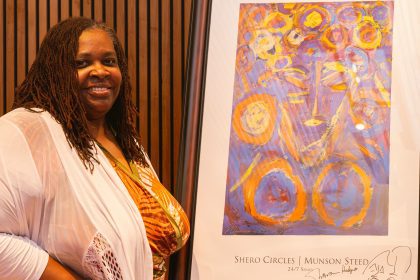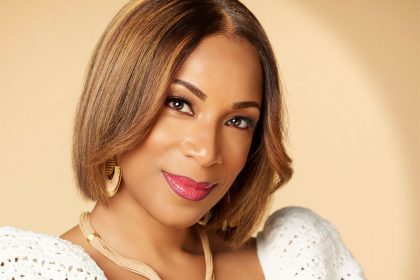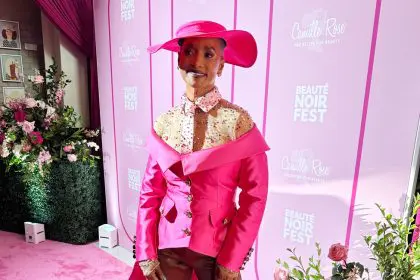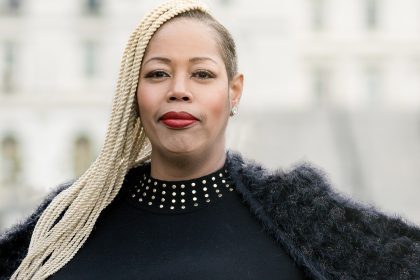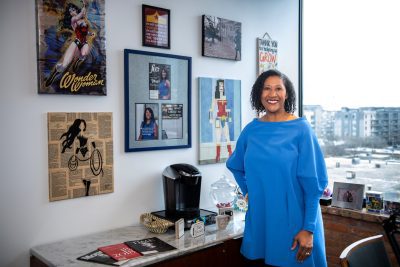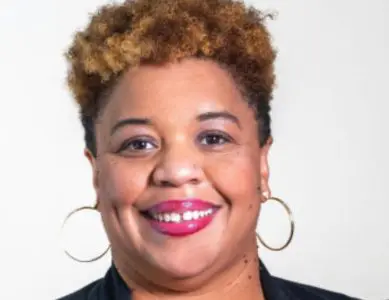Keyra Lynn Johnson is vice president and chief Diversity, Equity and Inclusion officer for Atlanta-based Delta Air Lines. She is charged with leading the company in modeling a comprehensive DEI strategy with supporting programs, initiatives and action plans that positively impact Delta employees, customers and the community.
A graduate of Georgia State University with a Bachelor of Arts degree in speech communication, Johnson began her career at Delta more than 25 years ago on the front line. Under her leadership, Delta has been honored with numerous diversity and inclusion-related distinctions. Johnson also has been named to the Top 50 Women in Travel list by GBTA’s WINiT, Top 100 Diversity Officers in the U.S., Top Executives in Global Diversity list, Most Powerful Women in Corporate Diversity list by Black Enterprise, corporate advocate for Inclusion by Rainbow PUSH and was listed on Essence’s Movers & Shakers: Black Women to Watch in Corporate America list.
Rolling out spoke with her about her career path and what guides her to excel.
Why did you select your career?
In many ways, I didn’t select my career – it selected me. I have a job we wish society didn’t need, but I realize that the roles of increasing responsibility along the way were preparing me for what I’d now describe as one of the most challenging, yet most impactful roles in my career.
As a Black woman, what do you consider your superpower(s) to be?
My superpowers – faith and resilience – go hand and hand. I’m resilient because of my faith that runs deep. This has allowed me to view what some would consider a “set back” as a “set up” for an uncharted opportunity.
What key skills or qualities make you unique as an African American female leader?
I have learned to lean into or talk openly about the things that some would choose to cover up – my personal and professional challenges, society’s bias and more. I openly talk about the things that are uniquely important to me: my faith, my family, my friends, my hobbies and more. This allows people to see that leadership isn’t depersonalized; my life experiences have heavily charted the course of my leadership journey. I have personal proximity to the work I lead professionally, and it has ignited a passion in me to help create new avenues of access, remove barriers for others and leverage my voice and the voices of our communities to influence meaningful change.
What thoughtful or encouraging piece of advice would you give to your younger self?
I’d tell my younger self: “You weren’t made to fit in. Being set apart is a gift, a divine protection and an opportunity – not a punishment or an abandonment.”
Why is it important for women of color to work in leadership roles and decision-making capacities?
Women of color bring often untapped perspectives that can elevate any outcome. At the same time, I think the beauty of women in color in leadership lies within the fact that we are not monolithic, and we offer a treasure trove of diverse perspectives, knowledge and experiences that fuel innovation, creativity, problem-solving – and so many sought-after characteristics that the world seeks in its greatest leaders.
If you could thank any Black woman for her contributions to history and society, who would it be and why?
My mother has influenced my thinking in this area. In one of her many poems — there were two stanzas she wrote that I can often envision her now in Heaven still asking me to repeat these lines just as she did when I was 6 years old. One stanza says, “As a young Black girl I longed to be a great Black woman in society.” At an early age, she was teaching me to acknowledge and embrace my race — with aspirations that it could be associated with societal greatness. But the stanza that remains on my office wall to this day says, “I’ll never let my head get so high that I can’t see my fellowman as he passes by.” She was signaling that creating a sense of belonging would be her expectation and my responsibility.
Why is it important for more experienced Black women to reach back and help younger women of color?
I’ve learned that leadership is not about prominence, hierarchy or a title – but largely about our sphere of influence and how we leverage our privilege for the greater good. We have a responsibility not only to the organizations we serve but to those impacted by the legacy we leave. The next generation of rising women leaders is watching and, in many ways, following our lead – in search of ways to innovate and elevate the work and causes we care about. As a Black woman in leadership, the onus is on me to lift as I climb, show better, do better and hopefully, inspire along the way.
As a successful woman in business, what is your proudest achievement?
In many ways, some of my greatest achievements as a businesswoman are those with no fingerprints, no fanfare, no recognition – but with great influence. Therefore, I enjoy that many of those remain unnamed. But topping all achievements is my #TeamJohnson family which continues to thrive in the midst of it all.

